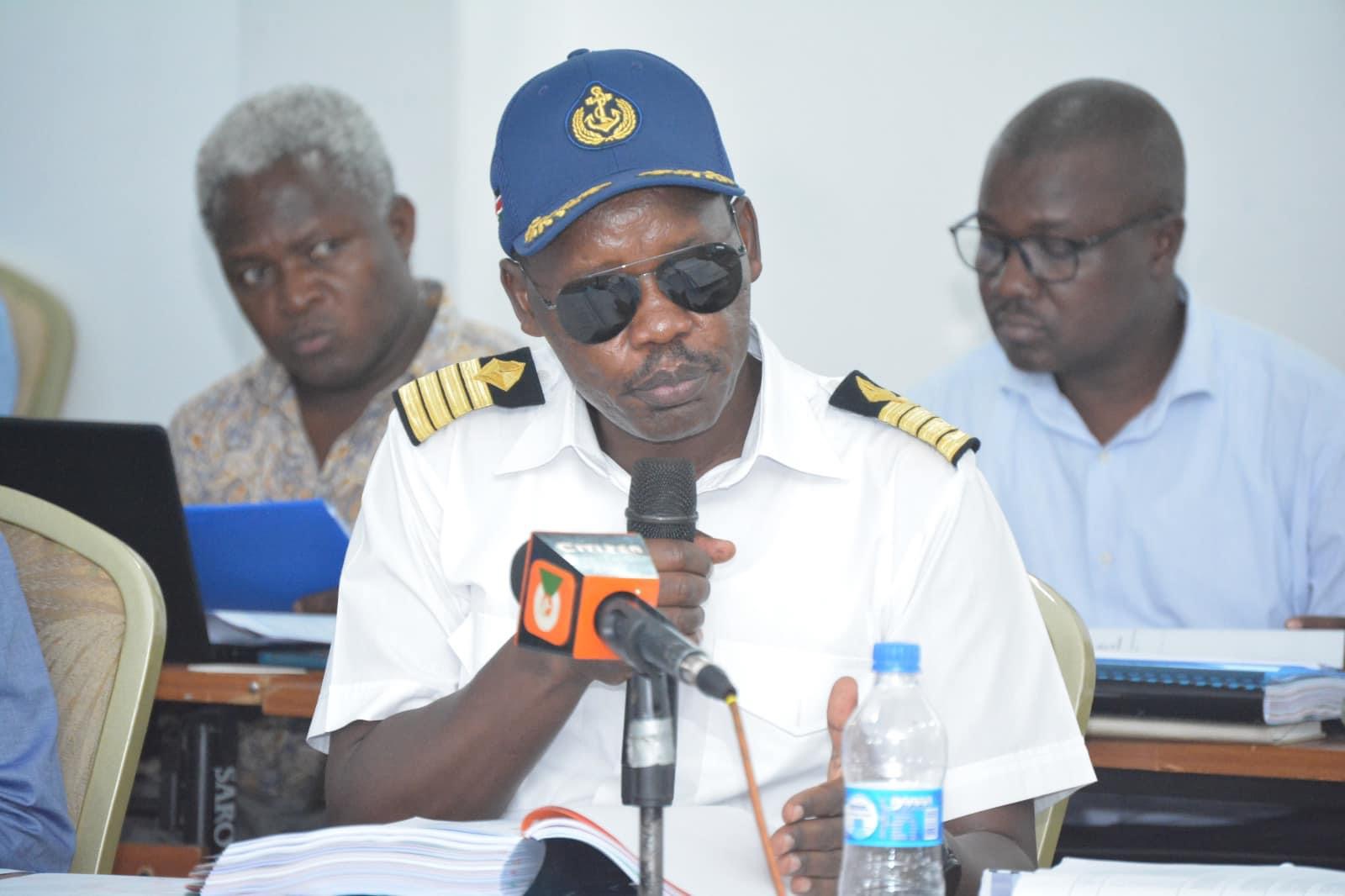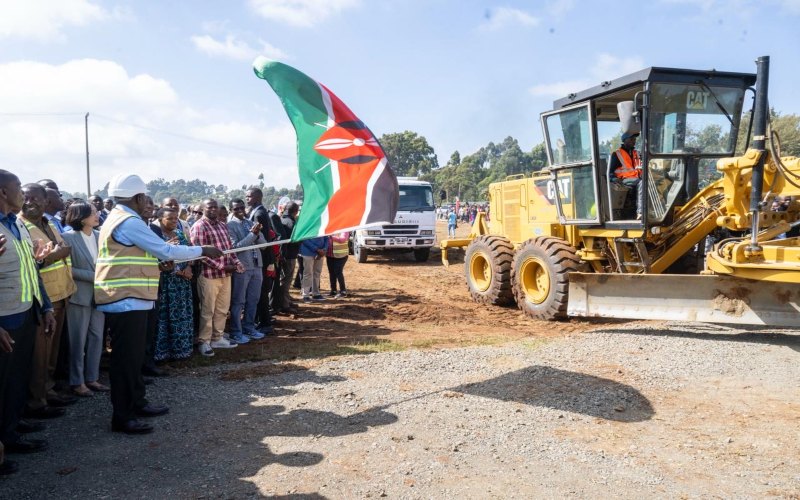KPA declares 80 per cent waiver to clear long-stay cargo at Mombasa Port

The Kenya Ports Authority has unveiled a major relief package for importers by granting an 80 per cent waiver on storage charges for containers that have overstayed at the Port of Mombasa.
The move is part of efforts to decongest the facility and prepare for a sharp rise in vessel arrivals over the next two weeks.
More To Read
- MPs fault State officers over mismanaged road projects
- Businesses granted 30-day relief on long-stay container charges at Mombasa port
- Meta to deduct 5 per cent tax on Kenyan creators’ earnings in 2026
- National Treasury says weak revenue, high debt repayments straining Kenya’s budget
- Transporters issue 7-day ultimatum over empty container backlog
- Government shifts cargo clearance to Nairobi, Naivasha in bid to decongest Mombasa Port
In a notice to port users, KPA Managing Director William Ruto said the amnesty, effective from October 15, 2025, seeks to accelerate cargo clearance and improve space management at the port.
“This measure is expected to improve port efficiency by clearing up space currently occupied by aged cargo. We intend to expedite the clearance of cargo by offering 80 per cent amnesty on accrued storage fees,” he said.
The waiver applies to domestic and transit containers that have remained at the port for more than 21 days from the date of the notice.
Importers seeking to benefit must submit applications before the expiry of the amnesty period on November 6, 2025.
KPA cautioned that all containers not cleared by the deadline will be transferred to the Naivasha Inland Container Depot (ICD) at the owner’s cost.
“This transfer will be at the owner’s cost. Furthermore, these containers shall attract normal storage charges from the date the container landed in Mombasa,” Ruto added.
The announcement comes as Mombasa braces for increased activity, with more than 50 vessels expected to dock in the coming 14 days, including 34 container ships, 11 conventional cargo carriers, four car carriers, and two oil tankers.
According to KPA, the decision is aimed at reducing port congestion and ensuring faster turnaround time for vessels during the peak import season.
Top Stories Today













































